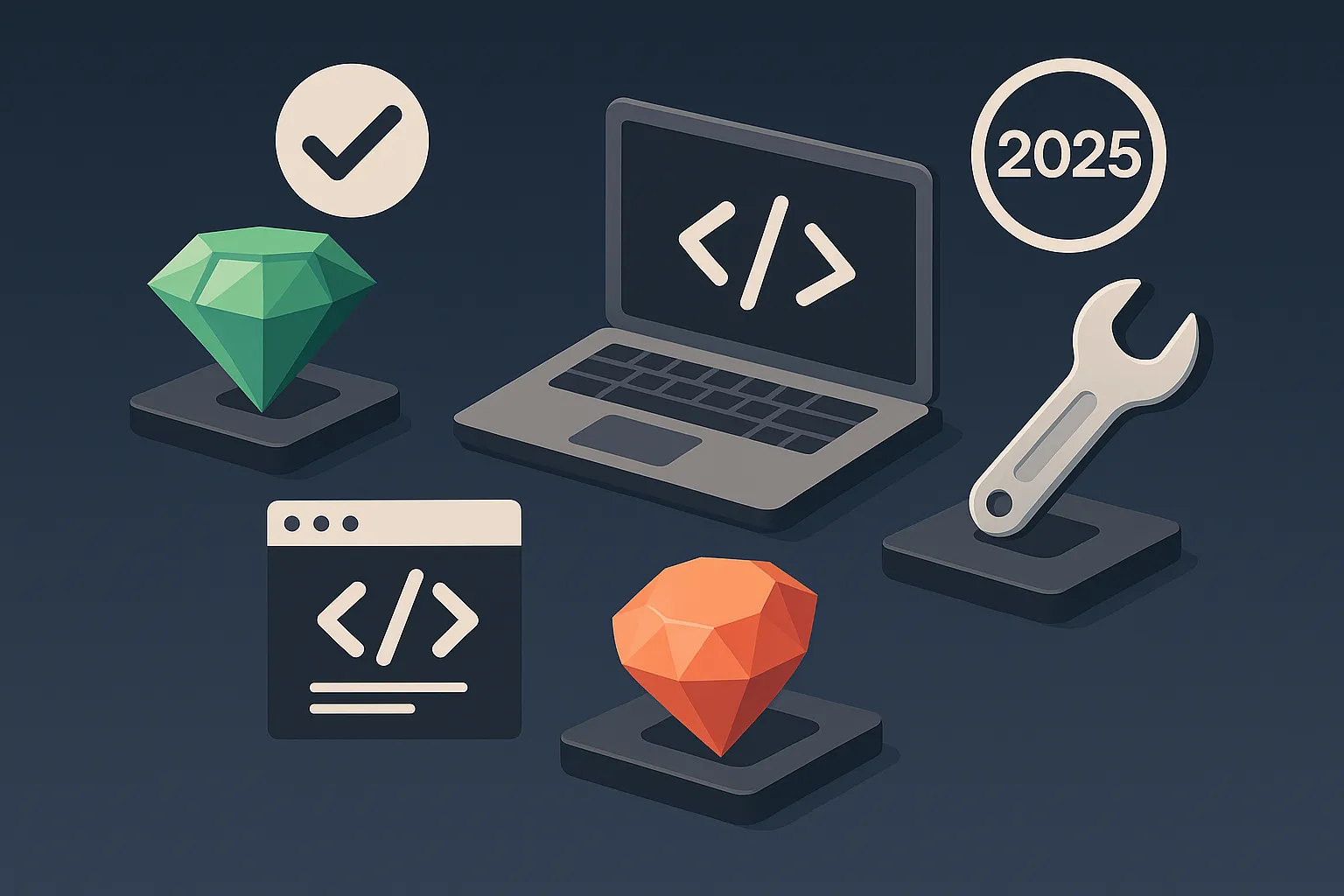Lakehouse Tiering Strategies: Shared Tiering vs. Materialization?

This article explores data tiering strategies in lakehouse architectures. Direct access to shared tiers poses reliability risks; API access is preferable. Data lifecycle management requires a canonical metadata service coordinating primary and secondary storage locations. Schema management should be controlled by the primary system, ensuring compatibility with secondary storage. The choice between shared tiering and materialization depends on the location of stitching/conversion logic (client or server-side) and their respective pros and cons. With client-side stitching, the difference is minimal; server-side stitching requires careful consideration of metadata maintenance and real-time data processing integration.










